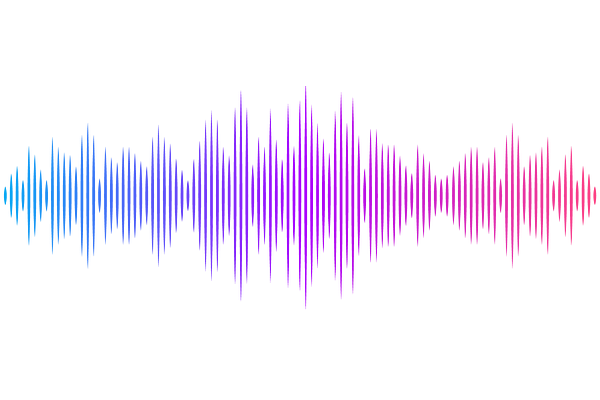Astroglial deficiency for oligophrenin-1 contributes to intellectual disability

Astroglial deficiency for oligophrenin-1 contributes to intellectual disability
Cresto, N.; Ezan, P.; Pillet, L.-E.; Mazaud, D.; Mailly, P.; Bemelmans, A.; Meziane, H.; Selloum, M.; Sorg, T.; Marchi, N.; Herault, Y.; BIlluart, P.; Rouach, N.
AbstractNeurodevelopmental disorders, including X-linked intellectual disability, autism spectrum disorder or schizophrenia, can result from the mutation of oligophrenin-1 (Ophn1), encoding a Rho-GTPase-activating protein. Ophn1 regulates synaptic development and function, in part via cytoskeleton reorganization, and is expressed in both neurons and astrocytes. Despite the crucial role of astrocytes in synapse function, altered in neurodevelopmental disorders, and their Ophn1 expression, the specific impact of astroglial Ophn1 deficiency on synaptic transmission and behavior remains unknown. Here, we show that Ophn1 deficiency postnatally in hippocampal astrocytes impairs synaptic transmission, short-term plasticity and spatial working memory in adults. This involves an adenosine A1 receptor-dependent presynaptic mechanism associated with astroglial morphological rearrangements resulting in increased astroglial synapse coverage. The structural, functional and behavioral alterations induced by astroglial Ophn1 deficiency are rescued in adults by pharmacological inhibition of the RhoA/ROCK pathway. Our findings uncover an important role for astroglial Ophn1 deficiency in synaptic and behavioral dysfunctions, pointing to a novel cellular therapeutic target for neurodevelopmental disorders.